A lactation telehealth appointment is a virtual consultation with an International Board Certified Lactation Consultant (IBCLC). This allows you to receive personalized breastfeeding or chestfeeding support from the comfort of your home, using a secure video platform on your phone, tablet, or computer.
Our lactation consultants can assist with:
Breastfeeding offers numerous benefits for both infants and parents. Babies who are breastfed have a lower risk of asthma, obesity, type 1 diabetes, ear infections, SIDS, diarrhea, vomiting, and respiratory diseases. Parents who breastfeed have a reduced risk of breast cancer, ovarian cancer, type 2 diabetes, heart disease, and high blood pressure.
In many cases, yes. With some additional support, breastfeeding after such surgeries is often possible.
We offer various appointment types to support you throughout your feeding journey, answering the following questions and so much more:
Prenatal Lactation Education Classes & Consultations (before your baby is born)
Initial Postpartum Lactation Consultations (support after birth)
Follow-Up Visits (to address ongoing or new concerns, and to provide anticipatory guidance for preventive support throughout all the transitions along the breastfeeding journey)
Back-to-Work Planning Sessions
Weaning Support Visits
Pumping Consultations
Visit length depends on the type of appointment. If you are unsure about which visit type to choose, our customer experience team will work with you to ensure you are booked into the most appropriate appointment type for your needs.
While it's helpful to have your baby present for the consultant to observe feedings and provide real-time guidance, it's not mandatory. We can still address concerns like pumping, weaning, or milk supply without your baby being present.
Our consultants are International Board-Certified Lactation Consultants (IBCLCs), healthcare professionals with extensive training in anatomy, physiology, counseling, child development, nutrition, and medical terminology. They possess the expertise to provide breastfeeding and lactation care in both routine and high-risk situations.
You can verify a consultant's certification through the International Board of Lactation Consultant Examiners (IBLCE) public registry, which is updated biannually. (https://ibclc-commission.org/public-registry/)
We accept hundreds of insurance plans, including many Medicaid plans. If you're uninsured or have a plan we don’t accept, you can still access care using a Health Savings Account (HSA), Flexible Spending Account (FSA), or our discounted self-pay rates. You can verify your coverage by contacting our care team before your visit.
One-on-One Visits: $105 - $205
Group Classes: $40
Latch Lounge: $35
*HSA & FSA funds can also be used to cover your visit
Yes, Health Savings Accounts (HSA) and Flexible Spending Accounts (FSA) can be used to cover lactation services if your insurance doesn't fully cover the visit, requires a copay or we do not accept your plan, payable on the day of the visit.
If your insurance is accepted, your visit may be fully covered at no cost to you (depending on your plan’s co-pay and deductible amounts). If your plan isn’t covered, we’ll offer a discounted self-pay option or connect you with alternative resources for support.
We know that life with a new baby (or one on the way!) can be unpredictable, and we always want to be understanding. If something comes up and you can’t make your appointment, we kindly ask that you cancel or reschedule at least 24 hours in advance so we can offer that time to another family in need of support.
Appointments that are canceled, changed, or rescheduled less than 24 hours in advance, or if you arrive late and we’re unable to complete the visit, may be subject to a $25 late cancel/no-show fee. We truly appreciate your understanding and help in keeping our schedule running smoothly for all the families we serve.
Nest Collaborative is committed to ensuring that all patients have access to the care and information they need. We provide language assistance services to individuals with limited English proficiency and to those who are deaf or hard of hearing at no additional cost to the patient. To request assistance, please contact our support team at support@nestcollaborative.com. We do not discriminate on the basis of race, color, national origin, age, disability, or sex.
